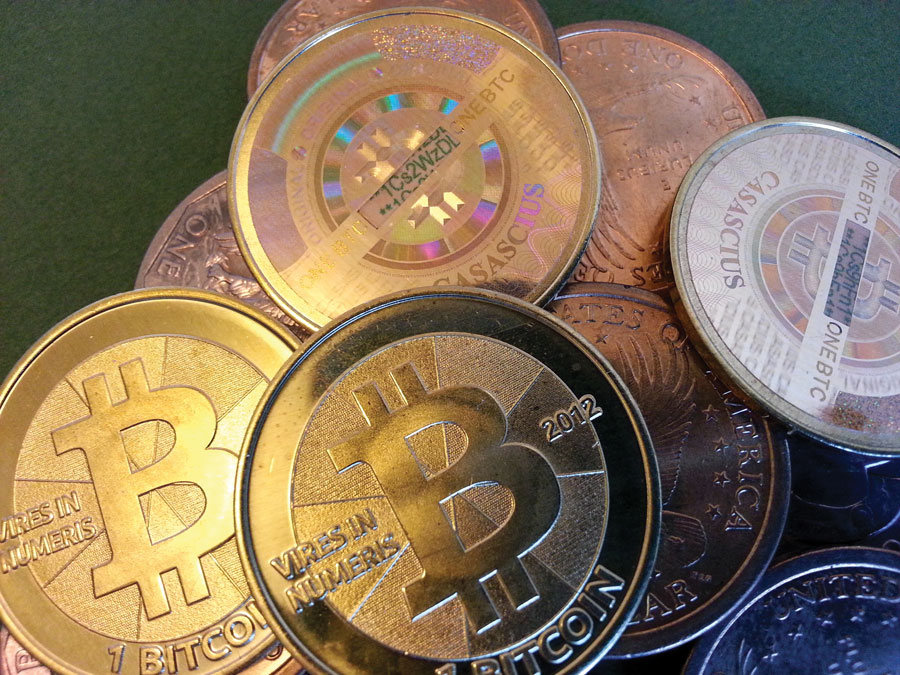Money has evolved hand in hand with society. Early civilisations exchanged goods, which were then replaced by precious metals, like gold and bronze that represented the value of other goods. This metal money was made efficient through banks. Banks kept a gold reserve issued to an owner against a certificate. These certificates became paper money. Today’s money revolution is digital. Words by Ryan Abela.
The advent of the Internet and introduction of e-commerce has made plastic money even more popular. One can trade without being present. Nevertheless, plastic money is still backed up by fiat currencies, which are governed by a central entity dictating the value of money based on the economic value of the country. Transactions require a middleman to be approved, with plenty of associated charges.
In 2008, an unknown person or group of persons under the pseudonym Satoshi Nakamoto published a paper describing a new form of asset or currency called bitcoin. A year later they released the first open-source bitcoin software.
Bitcoin is essentially a peer-to-peer system for transferring units. Encryption techniques are used to generate these bitcoin units and to verify transactions. The innovation in bitcoin is that it is a decentralised system, meaning that there is no single entity controlling it, and no single middleman like Visa or Mastercard to verify transactions. Other people using the system perform verification automatically and collectively. Each transaction is then stored in a global ledger called the block-chain. Again, this ledger is not kept in a single place, but is distributed and replicated worldwide. Any changes in one system are replicated everywhere.
Bitcoin is now accepted by most online merchants. It can even be exchanged for other currencies. It reduces commission charges and can be anonymous—with some effort. Attempts to discredit bitcoin keep occurring because of its supposed use for illegal activities. However, bitcoin keeps attracting investors like Reid Hoffman, who have invested in startups and innovative businesses using this currency. This month the EU court also declared that no VAT should be charged when exchanging bitcoin, placing it on par with other currencies. Bitcoin is still a new technology with some growing pains, but it is also the next step in the evolution of money.





Comments are closed for this article!